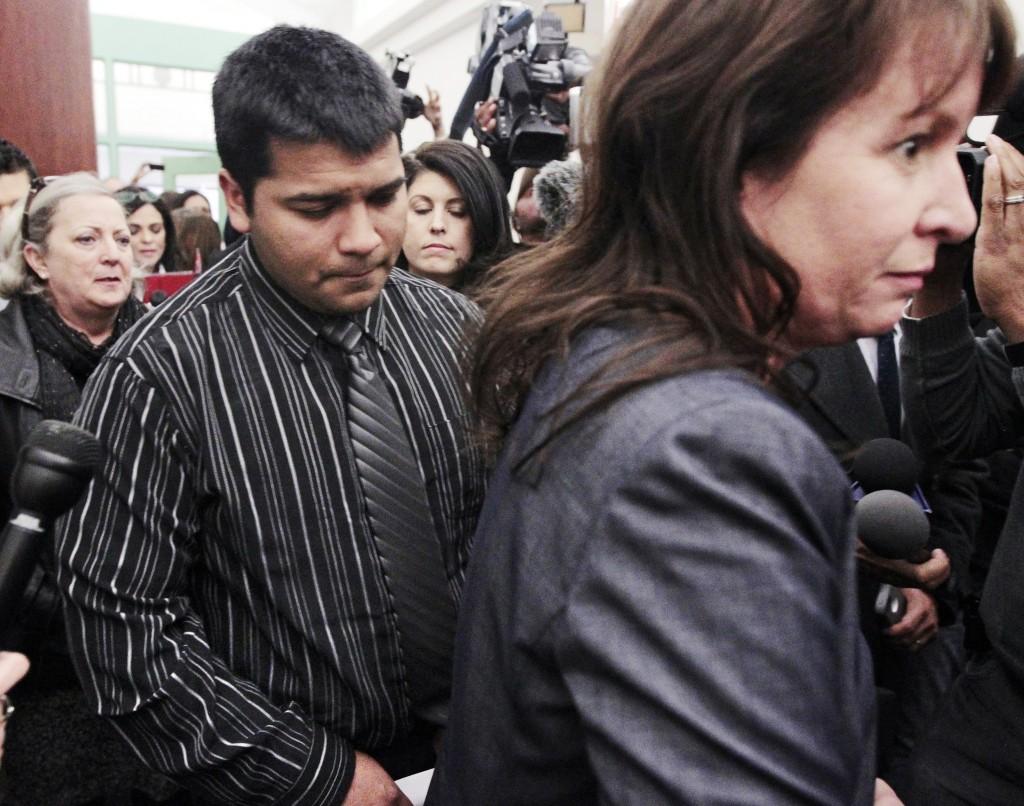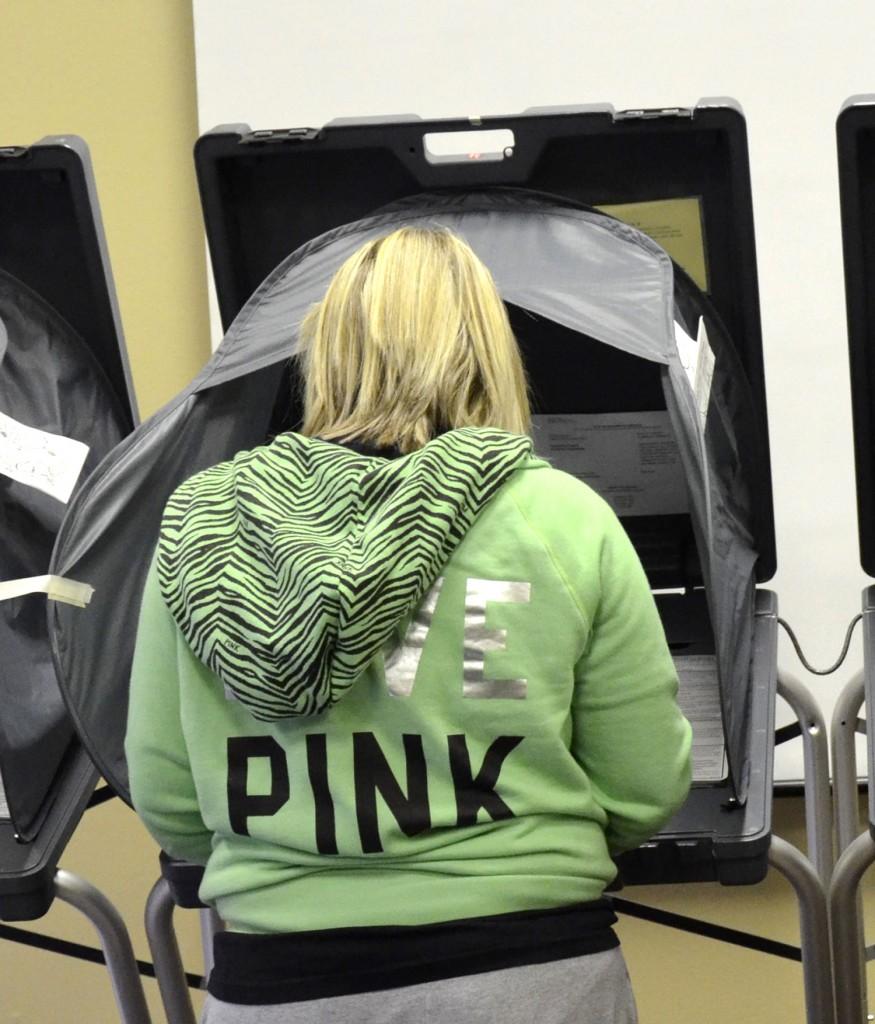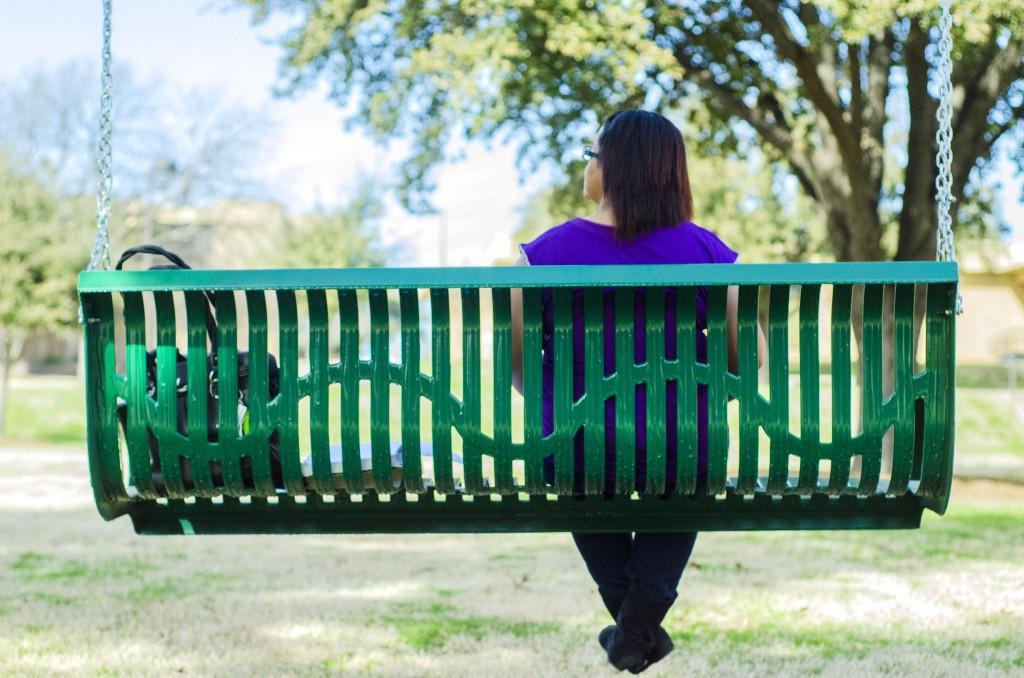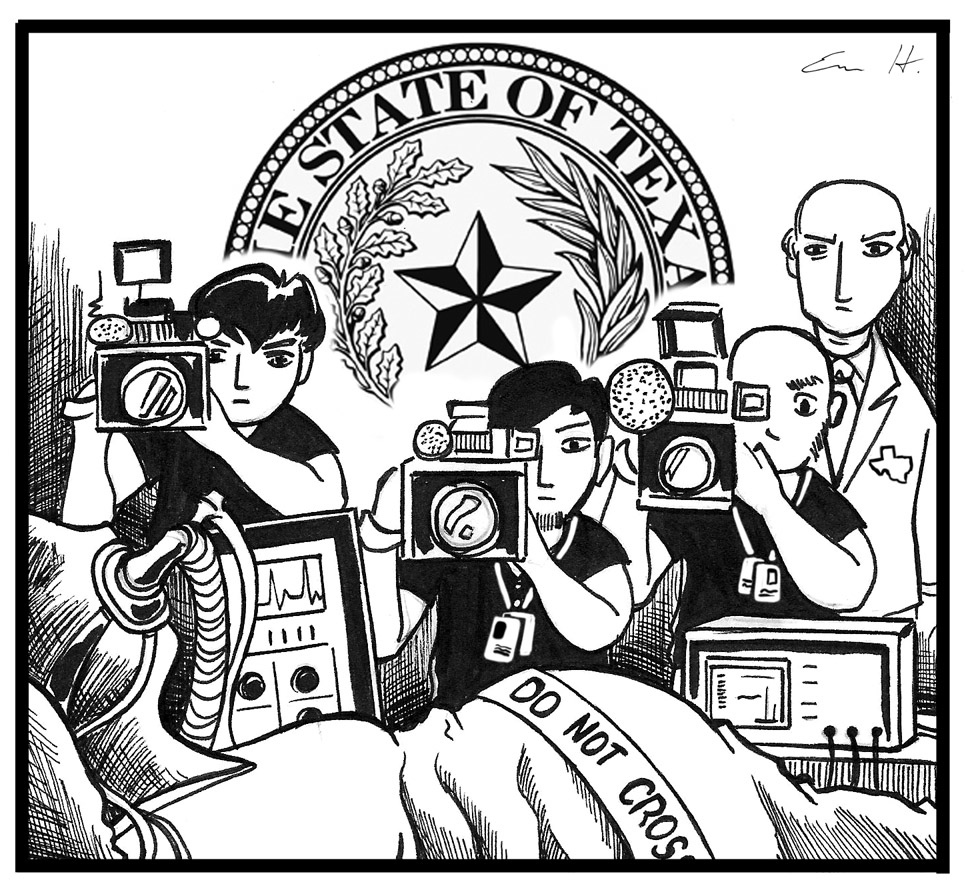By Mathew Shaw/se news editor
A support group for students with learning disorders now exists on SE Campus.
Learning Differently, the brainchild of SE student Allison Hebron, was officially recognized as a club during the fall semester.
“The learning-disabled don’t have as much of a support group as other people,” she said.
Hebron, who has dyslexia and attention deficit hyperactivity disorder, said her mother used to work at Millwood, a mental health and chemical dependency hospital in Arlington, and would tell her stories about parents dropping children with learning disorders off there while they went on vacation.
Recruiting people into the club has often produced mixed results.
“Sometimes they’re skeptical and think you’re going to convert them or something,” she said. “Sometimes they’re intrigued. Sometimes they walk very quickly away from me.”
SE student Demetrius Silmon, however, was excited to join.
“I thought, ‘I can actually build myself up through this organization,’” he said.
Silmon, who has dyslexia, said he used to get teased in high school for being a slow reader.
Club vice president Lauren Smith said she joined shortly after learning she has dysgraphia and dyslexia.
“I thought it would be a great support and help me get more involved with other students who have the same disabilities,” she said.
Smith said she is confident in the club’s potential for growth.
“Just in this past semester, we have grown so much and started raising awareness of who we are,” she said.
One event the group hosted in the fall to bring awareness was a showing of a biopic about Temple Grandin, an autistic activist and animal scientist.
Being surrounded by others with similar disabilities has been a source of personal growth, some of the members said.
“I’ve had many friends who had different learning disabilities of all different types,” Smith said. “The experiences, especially with autism, have helped prepare me for having an autistic son.”
Hebron said she has become more compassionate, understanding and patient from her interactions with other learning-disabled people.
“A lot of the time you have to be patient with people who have what they don’t understand,” she said.




























